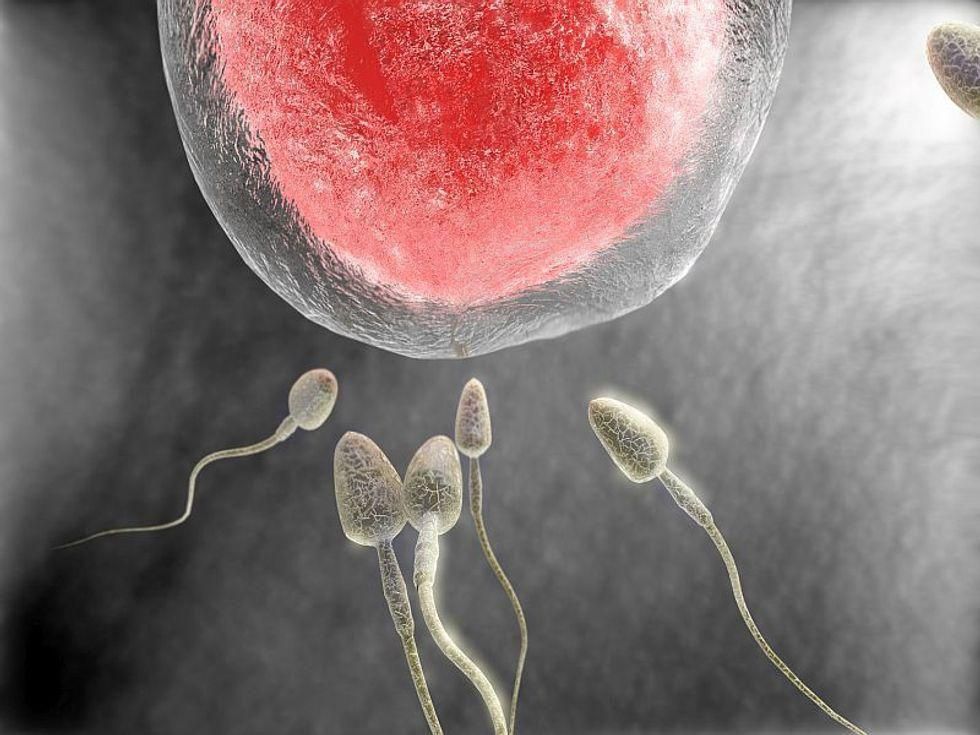
A sudden rash can be a puzzling and alarming symptom in a child. But as one expert explains, rashes are common in kids and often caused by eczema or an allergic reaction. “Eczema is a disease that causes patches of dry skin, which is often accompanied by intense itching. Scratching can damage the skin, make… read on > read on >






























